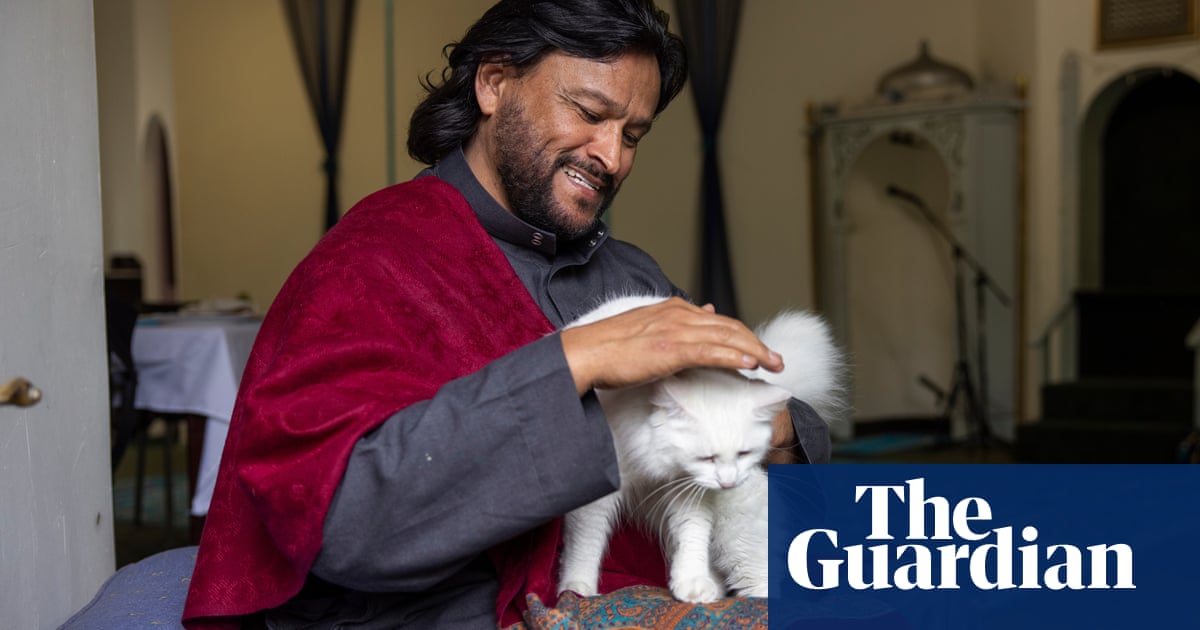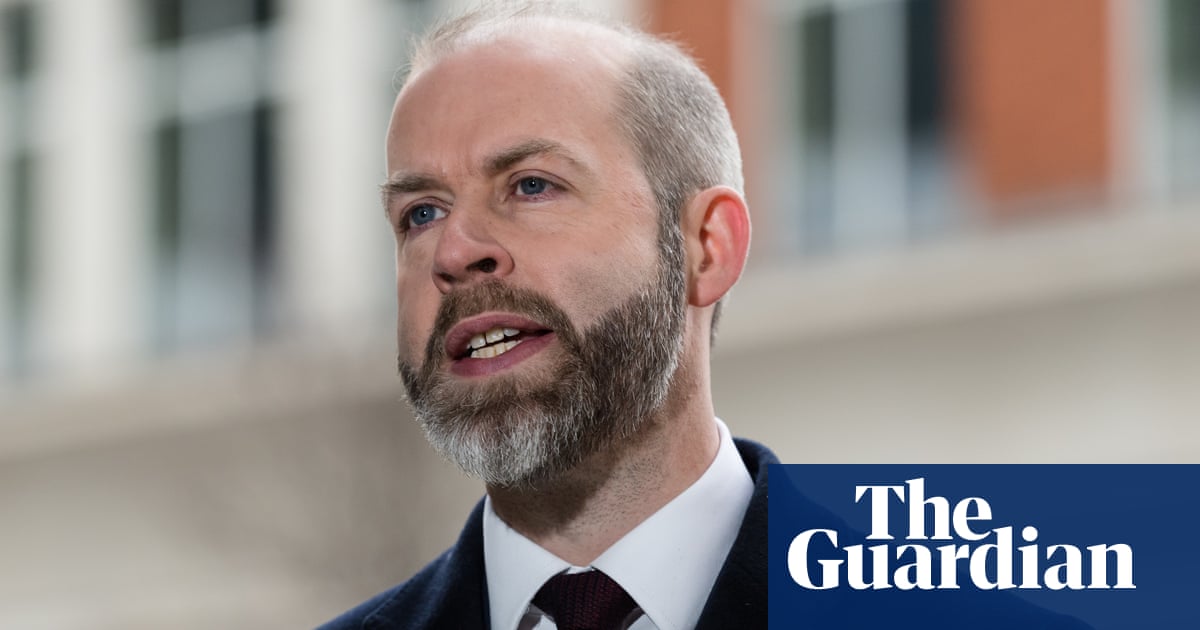Augusta Britt, now 64, says that she met the novelist Cormac McCarthy in 1976 beside a motel pool in Arizona. McCarthy, who died last year, was 42 at the time. Britt was 16. Britt says that she was quasi-homeless in those years, bouncing between an abusive family home and a series of abusive foster homes, and used to go to the motel so that she could shower in the pool’s changing rooms without fear of men following her into the foster home bathrooms to sexually assault her.
Britt says that when McCarthy saw her at the poolside he asked about a gun in a holster at her hip, and that she described some of her history of abuse to him and said that she’d stolen the gun from a foster father so that she would never be hit again.
McCarthy apparently saw this disclosure as an opportunity to initiate a romantic relationship with the homeless teenager. He started writing her explicit letters. Within a year, McCarthy had had Britt’s birth certificate forged so that she would appear old enough for an international visa, and taken her to Mexico, where he began to have sex with the girl. She says he spoke frequently of his knowledge of all the various laws he was breaking by having sex with her. It wasn’t until they returned to the United States that Britt discovered that McCarthy was married.
The pair would stay in close touch over the intervening decades. McCarthy twice asked Britt to marry him, and then reneged on the offer. Sometimes he sent her money; often, he would pay her a visit at the horse ranch she eventually bought in Tucson to ask her about her childhood experiences of violence – which seem to have been many and brutal – and to learn about horse riding and taming, which he wrote about in his many brooding western novels, but never actually did himself. He based characters in his books on Britt, an appropriation of her story and suffering that she found uncomfortable. Often, McCarthy killed off the characters based on her in strange and violent ways.
This, according to Vanity Fair, is a love story. In a lengthy and bizarre piece, the magazine deployed the novice writer Vincenzo Barney – evidently something of a McCarthy superfan – to launder the grooming and apparent trafficking and sexual exploitation of a desperate and abused minor, followed by the years-long callous exploitation of an adult, into something that readers are supposed to interpret as romance.
Barney is a florid and heavy-handed writer. His sentences are overladen with multiple metaphors, meant to evoke a scenic south-western breathlessness: he is obviously trying to mimic the masculine seriousness and rugged self-regard that are the hallmarks of McCarthy’s style. “Behind her, framed between the posts of Scout’s stall, the Catalina Mountains loom burnt green, brushed upward with the impressionistic confidence of a child’s paint stroke,” he writes. “Britt stands poised at the picture’s edge like a foreground that has leaked out of its frame, at play between painting and outer world, portrait and subject.” He is perhaps a bit high on his own supply.
These belabored sentences have the effect of rendering Barney’s actual account of the events in question a bit opaque: a casual reader could be forgiven for not deciphering the nature of McCarthy’s abuse, which is obscured both by Barney’s disturbing sentimentalization and by his unreadable prose.
Among other things, the piece does not seem to have been subjected to rigorous fact-checking. A 1974 letter from the writer Guy Davenport to the critic Hugh Kenner complains: “Cormac McCarthy has just run off to Mexico with a teenage popsy,” thus abandoning work editing one of Davenport’s manuscripts. If true, this would mean either that Britt met McCarthy some years earlier than the Vanity Fair piece claims – in 1974, she would have been 14 – or that McCarthy had previously taken another girl to Mexico.
The Vanity Fair article seeking to romanticize McCarthy’s actions comes at a moment when the legacy of the #MeToo movement – and, indeed, of women in US public life generally – is coming in for heated contestation.
Donald Trump’s return to the White House comes on the heels of more than two dozen sexual assault allegations against him, one civil finding of responsibility for sexual abuse of an adult, and the overturning of the abortion right in Dobbs, leading to several known deaths and a national degradation of women’s dignity and status. That is to say nothing of the allegations against Trump’s cabinet picks and closest adviser, or of the gender attitudes of his vice-president. It could be that Barney and Vanity Fair are depicting this relationship in what they see as the politics of our time, and ushering in a return of a previous era when men’s abuse of teenage girls was seen as their prerogative, and objecting to it was dismissed as prudish or overwrought.
But it is also true that Britt herself, though she appears deeply ambivalent about McCarthy and at several points expresses discomfort or anger at him, has not chosen to characterize their encounter as abusive. “She never felt there was anything inappropriate about their relationship,” Barney writes. For her part, Britt is forthright: “He saved my life.”
For those of us feminists who are committed to clarifying the wrong of sexual violence and working to end it, women like Britt, who view as romantic what we view as abusive, reflect a genuine ethical conundrum. What to do with such women – the ones who do not mature beyond the infatuated credulity of youth, the ones who continue, long after their girlhood is over, to mistake grooming for concern, or to find the fact that they were selected for abuse flattering? Sometimes, these women frustrate me – their foolish sense of being exceptional, their stubborn false consciousness. Mostly, though, they just make me very sad.
It is impolite, and not a little bit arrogant, for feminists to tell such women that we know more about their lives than they do. But perhaps such arrogance is what is called for, especially amid the backdrop of a media world that is loudly announcing its intention to launder abuse. We have an obligation to be kind to women like Britt, to extend them our empathy and respect. But we are under no obligation to pretend that we do not see things that we do.
To me, what McCarthy did to Britt is unambiguous: deeply immoral and a partaking of an unjust gendered hierarchy for personal gratification. For Britt, things are more complicated; she still relishes, with an adolescent eagerness, what she remembers of his early attention. Maybe this is not just the vestige of girlish foolishness. Maybe it is the story that she told herself to survive. Every teenage girl learns the hard way to navigate grown men’s attention. Some – the least fortunate ones – also learn that this attention can be the surest route to a hot meal, a dry place to stay, and some degree of protection against other, worse violences that await them in the outside world.
“What I needed then, so badly, was security and safety and trust,” Britt said. “Cormac was my life, my pattern.” That day at the poolside, McCarthy saw Britt’s suffering as his own opportunity. In desperate times, even such gruesome transactions as that can pass for love.
-
Moira Donegan is a Guardian US columnist

 2 months ago
44
2 months ago
44













































